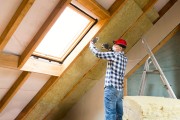Retrofitting our homes and buildings is a high-return investment for Canadians to enhance occupant health and safety and prepare for severe weather. We develop and advocate for policies that make Canada's homes and buildings—our third-largest source of emissions—healthier, safer, and more affordable to heat and cool.
Buildings
Retrofits play a role not only in reducing building emissions, but preparing our communities for increasingly severe weather
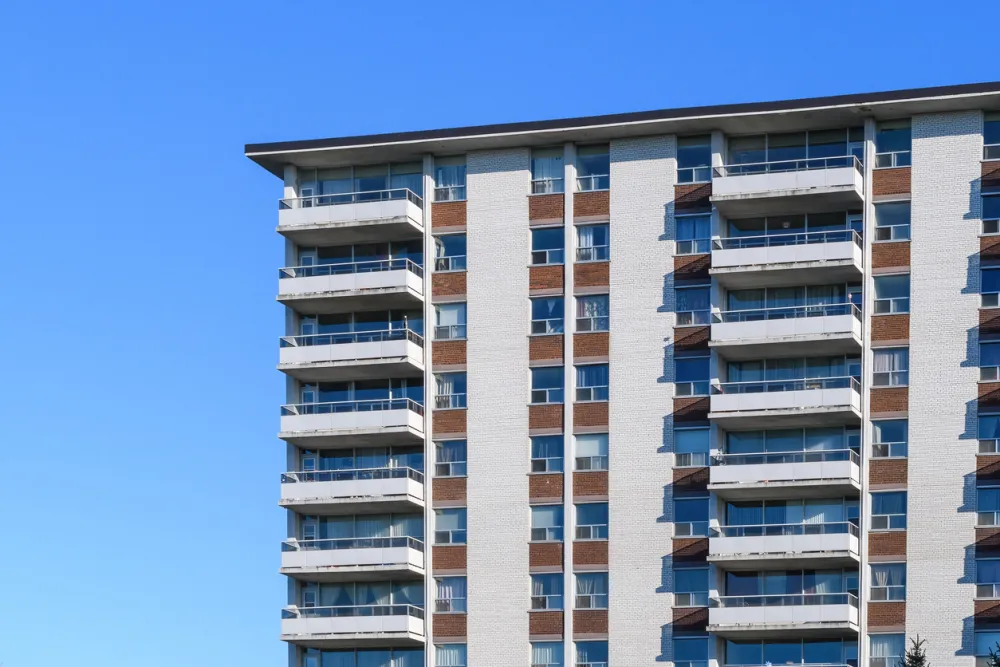
Energy efficiency creates more jobs than any other industry
An average of 9.5 jobs are created for every $1 million invested in a whole-building energy efficiency retrofit. (Data sources: Statistics Canada and Efficiency Canada; see Canada’s Renovation Wave (2021))
Key numbers
Empowering customers in Alberta’s energy system
Our report, Beyond the Meter, shows that demand-side management (DSM) is a proven way to cut energy costs, strengthen grid reliability, and create good local jobs — yet Alberta is being left behind.
Read the reportResearch & Analysis

Getting Time-Varying Rates Right in Alberta
Why DSM must come before price signals
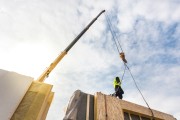
Retrofit investments are nation‑building
Why long‑term retrofit planning belongs in Build Canada Homes
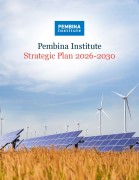
Strategic Plan 2026-2030
Pembina Institute's plan to advance Canada’s clean energy transformation
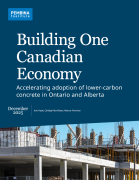
Building One Canadian Economy
Accelerating adoption of lower-carbon concrete in Ontario and Alberta


Why focus on buildings?
A practical, common-sense solution
Electrification supports economic prosperity, job creation, improved health outcomes, affordable energy, reduced carbon emissions, and resilience against severe weather impacts. Preparing existing homes and offices for low-carbon energy sources and climate change is crucial, as Canadians spend most of their time indoors, and poor-quality housing exacerbates health issues and climate impacts. The majority of apartments and condos are more than 20 years old and Canada has a once-in a-generation opportunity to improve health, safety, and resilience against worsening severe weather events while ensuring heating and cooling is affordable.
Many older buildings use inefficient boilers and furnaces to heat homes and there is a growing need for air conditioning throughout the country − increasing emissions and energy costs during an affordability crisis. As concerns about affordability and energy security grow, deep retrofits offer a practical solution that ensures Canadian homes and buildings are safe, healthy, and affordable to heat and cool.
What can a deep retrofit include?
- Modern technologies (like heat pumps)
- Air sealing, filtration, and ventilation
- Insulation and window upgrades
- Smart integration with electricity grids
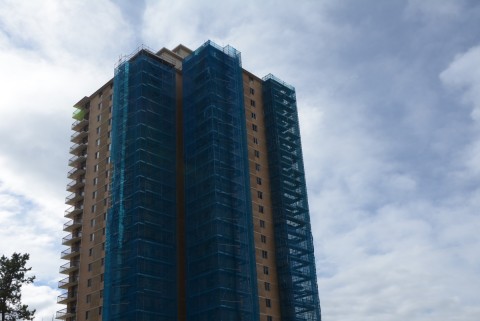
Why focus on MURBs?
Canada invested in housing through the 1950s and 1960s when low-rise multi-unit residential buildings (MURBs) were a popular building form and common throughout the country. Today, they continue to serve families, youth, seniors and low-income households, among other Canadians, because they often have affordable rent and foster community connection. Canada needs to protect this housing segment from declining both in condition and number.
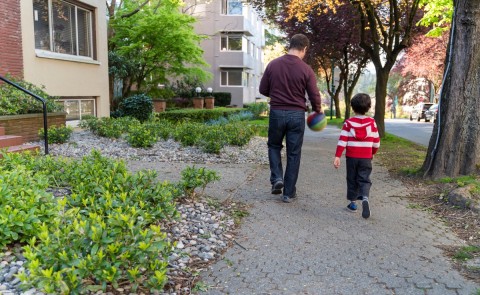
What is demand-side management?
Demand-side management (DSM) is the name for a variety of strategies to manage how and when electricity is used, saving money for utilities and their customers. DSM programs encourage customers to reduce total energy use or to shift the time of day they use energy. These programs work because they provide a direct financial benefit to the customer for upgrading equipment or changing behavior. There are three approaches that fall under the umbrella of DSM: energy efficiency, demand response, and distributed energy resources (DERs).

Lower-carbon cement and concrete
Concrete is the foundation of our homes, highways, and hospitals — but its production accounts for 7% of global emissions. Our research shows we have a clear opportunity to lead in sustainable construction while creating local jobs and protecting regional economies through lower-carbon concrete.
Through purchasing policies that boost market confidence, leveraging performance-based targets, and investing in innovation and capacity building to scale up, we can future-proof our communities while protecting local jobs and driving economic growth.
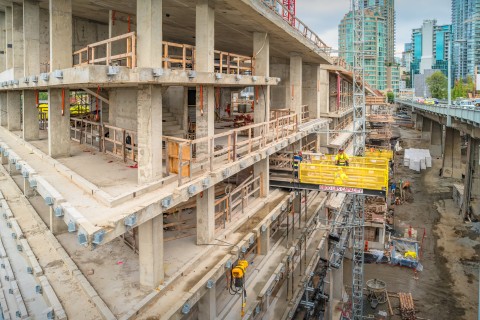
Spotlights on Buildings
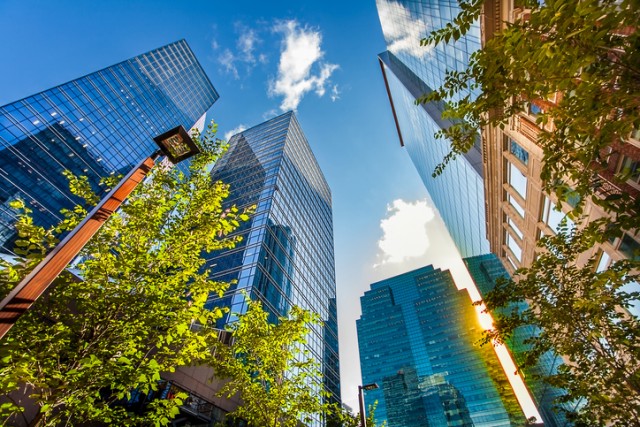
Healthy home retrofits in Alberta
The province has a once-in-a-generation opportunity to improve health, safety, and resilience against worsening severe weather events while ensuring heating and cooling is affordable.
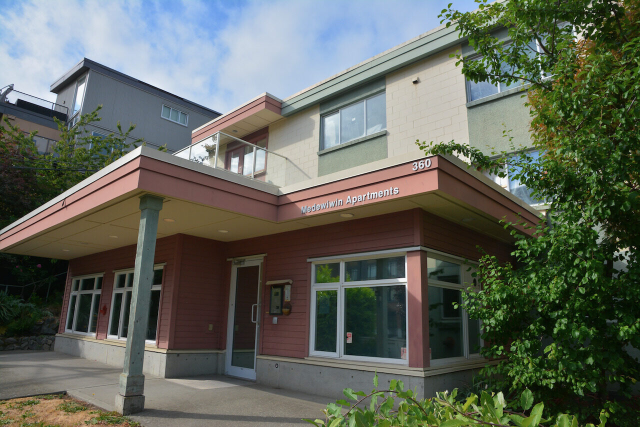
Reframed Initiative
The Reframed Initiative draws expertise from the construction industry, building owners, policy makers, and the financial sector to chart a path to scaling up deep retrofits. Reframed is an initiative led by the Pembina Institute, Metro Vancouver Housing Corporation, the BC Non-Profit Housing Association, and the City of Vancouver.
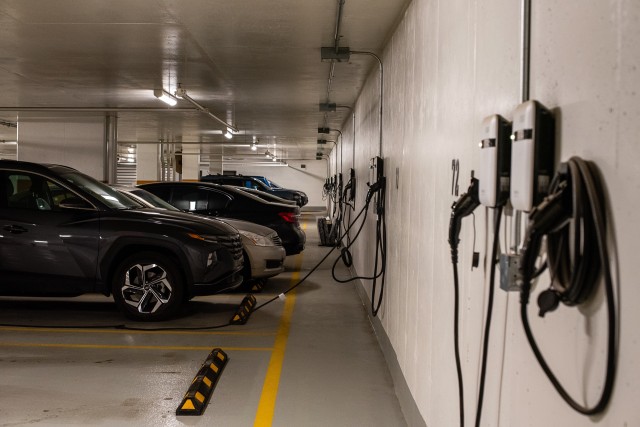
Charging infrastructure in multi-unit buildings
As sales of electric vehicles (EVs) in the province of Alberta continue to grow, the number and location of EV chargers will need to increase accordingly to keep pace. This includes placing charging stations in apartments and condos where many Canadians live.

Contact our Buildings team

Program Director
Kevin Lockhart
c: 416-966-6500
e: kevinl@pembina.org
Media Contact
Sarah Snowdon (Eastern Time)
c: 647-797-9329 ext. 121
e: sarahs@pembina.org
Get our Pembina Perspectives
Pembina Perspectives provides thoughtful, evidence-based research and analysis to support action on climate — in your inbox every two weeks.
We endeavour to protect your confidentiality; read our full privacy policy.
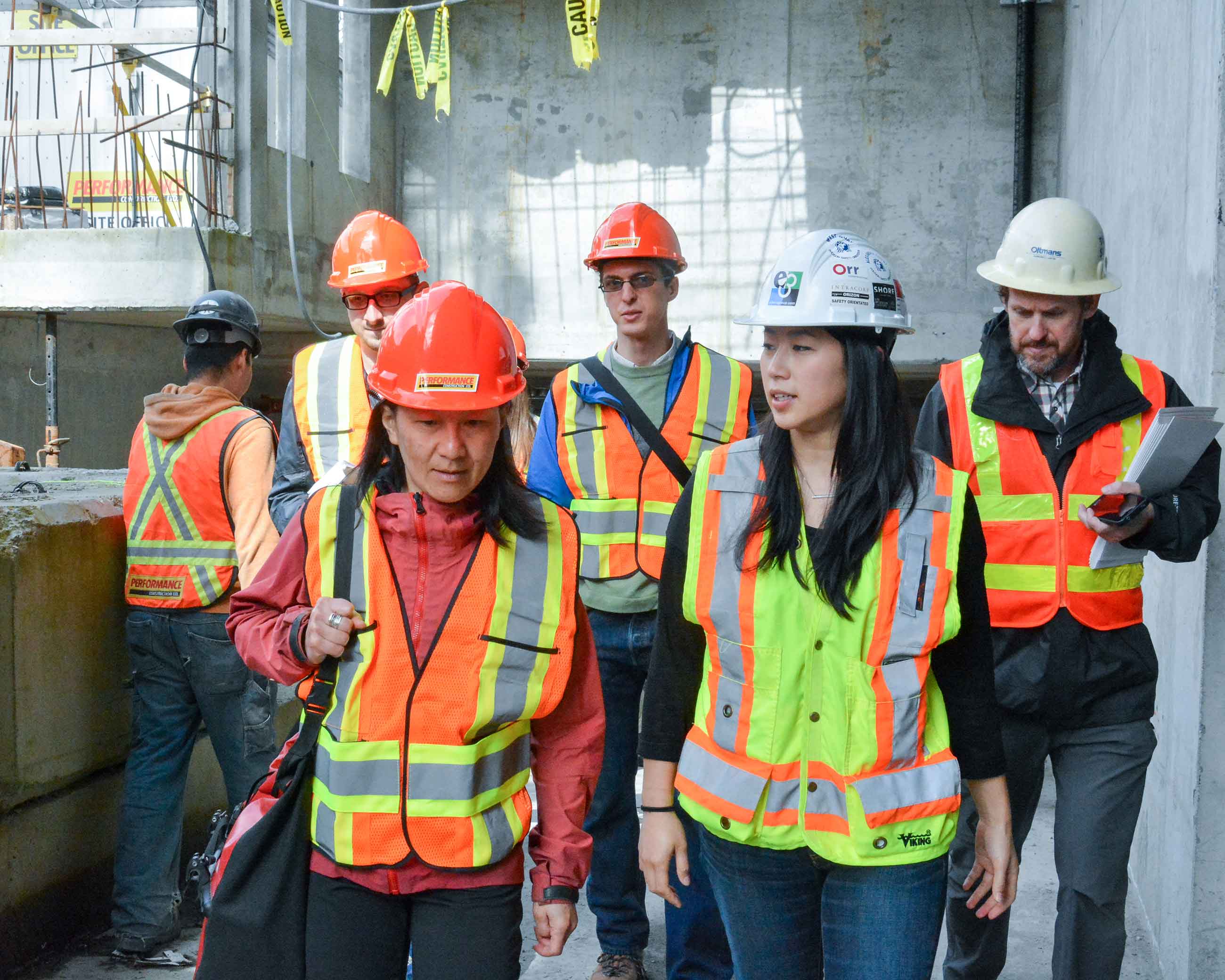
Support resilient communities
Help build a foundation to ensure Canadian homes are net-zero, safe, affordable and resilient.

